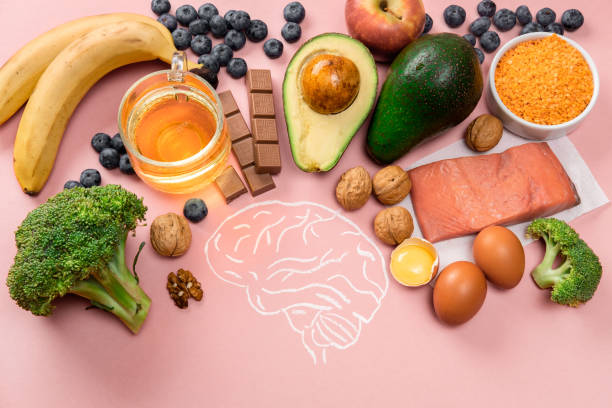
As people age, their cognitive abilities can become less acute. The result of this decline is that they may have trouble remembering past events and retaining important information. Since they know the problems that a faulty memory can cause, many older adults will take supplements that are supposed to help. Unfortunately, not all of them do what they say they will.
What Memory Boosting Supplements Are Supposed To Do
Generally, these types of supplements are supposed to enhance your memory and improve your overall cognitive performance. They’re designed to do this by working on neurons and neurotransmitters at a cellular level. In some cases, these supplements claim to act on the amyloid plaque in the brain that’s associated with Alzheimer’s disease.
What The Experts Say
While health experts haven’t officially said that these memory-boosting supplements don’t work, they warn people to be careful about which ones they take.
The main issue is that, unlike medications, there is no trusted body that oversees these supplements. At best, the Food and Drug Administration (FDA) can test samples for possible contaminants or additional ingredients as well as warn manufacturers about unverified medical claims.
In fact, in recent years, the FDA has found undeclared ingredients in a few supplements and that the quantity of the nutrients listed on the labels didn’t match its lab results.
Since certain ingredients can interact with medications that are prescribed for chronic illnesses, this is a serious issue. Finally, despite the claims manufacturers make, some of the ingredients haven’t been tested to confirm their positive effects on brain health. You’re better off sticking to those that have been explored through various studies.
RELATED: 11 Nutrients You’re Probably Not Getting Enough Of
Nutrients That You Should Explore Instead
While it’s usually recommended that you get all the nutrients you need from a well-balanced diet, doctors know that’s not always a possibility. That’s when the right supplement can make a difference in your diet. Here are a few ingredients to look for in your supplements.
1. Omega-3 Fatty Acids
Usually, you can get these fatty acids from eating fish like salmon and mackerel but this isn’t a possibility for everyone. They’re great for boosting your memory because omega-3 fatty acids help to build cell membranes in the brain. The nutrient may also have anti-inflammatory and antioxidant properties that could protect brain cells.
2. B Vitamins
B vitamins like B6, B12, and B9 (folic acid) come from green leafy vegetables. Most people can get enough from








